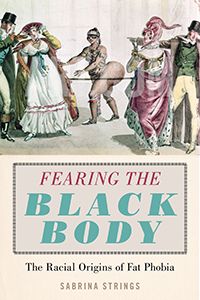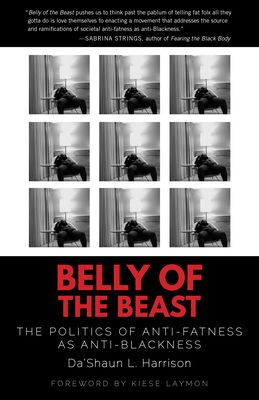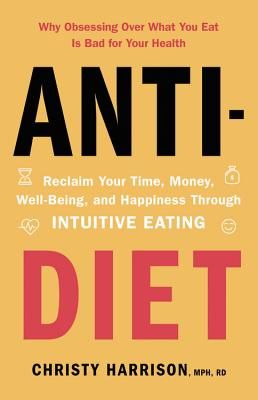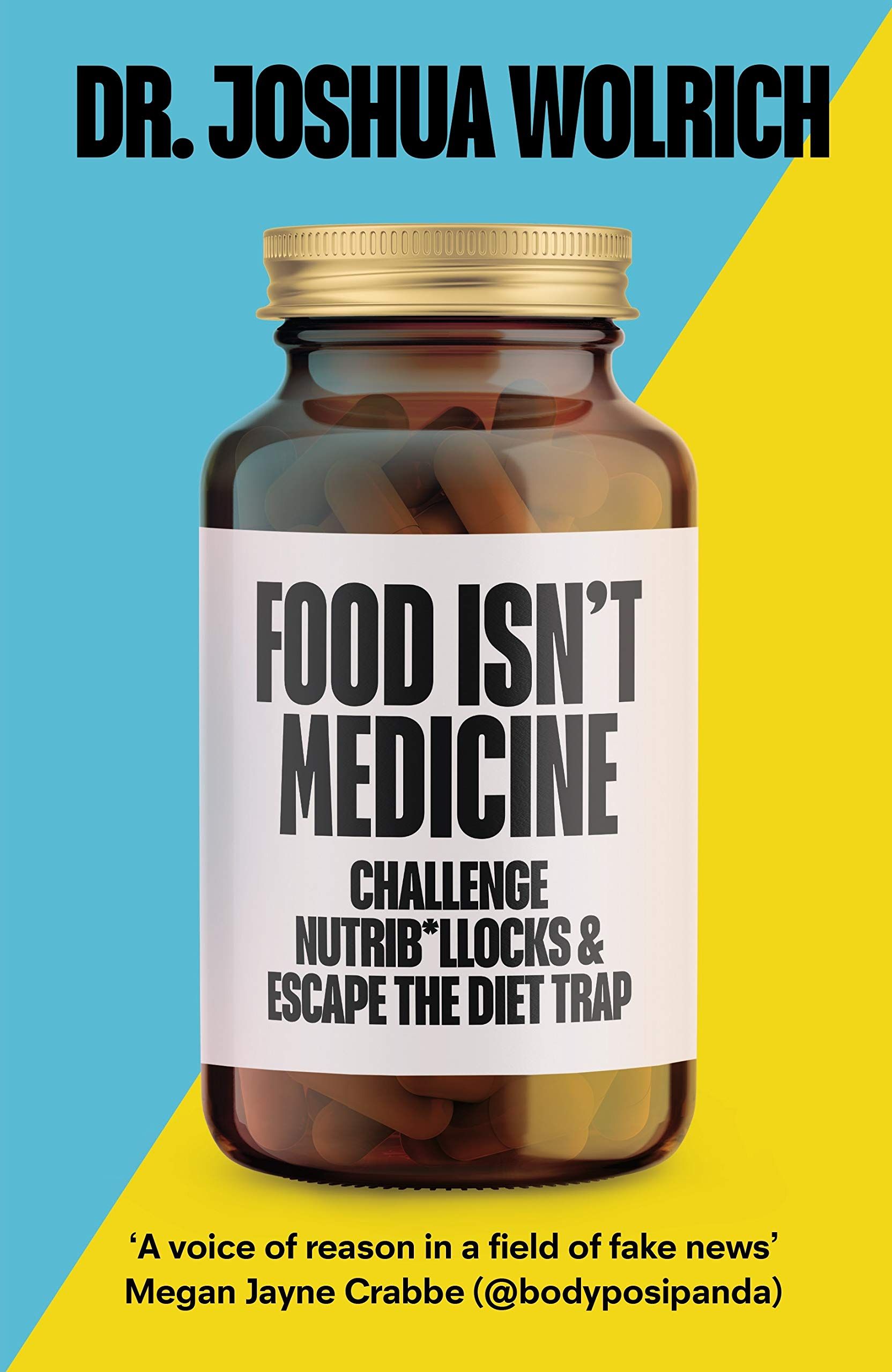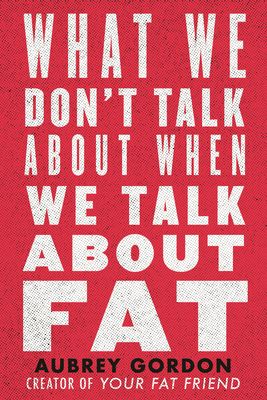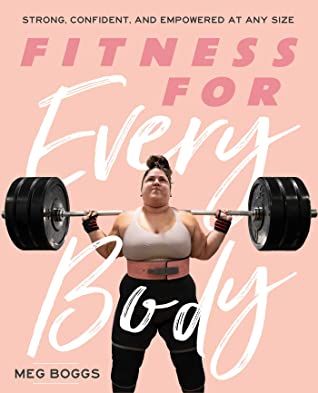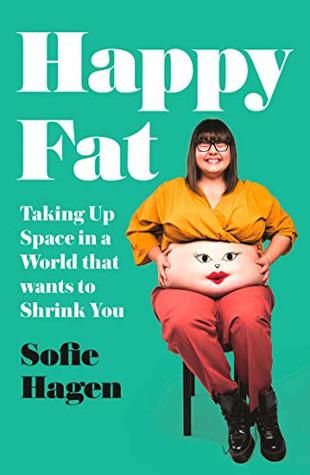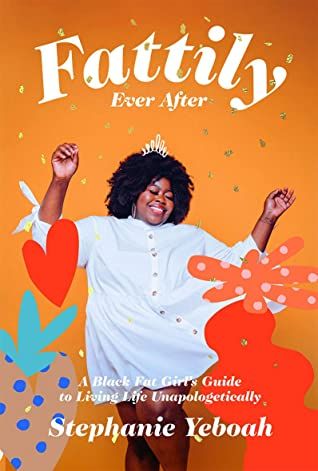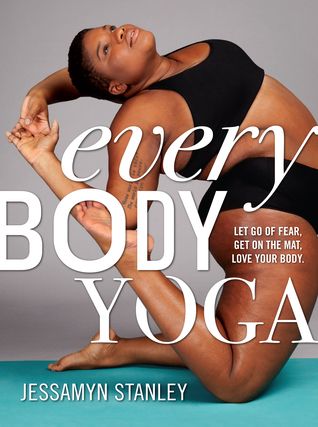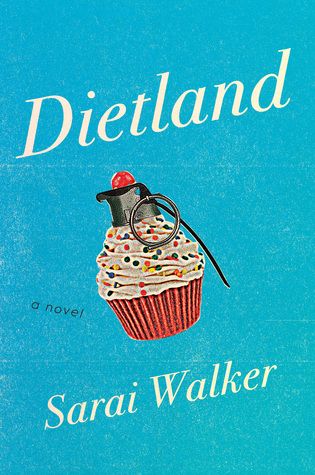The most basic definition of diet is not insidious, but the diet culture that the weight loss industry has built up has turned the whole idea of one’s diet into a reflection on a person’s impulse control, morality, and beauty. An anti-diet mindset has to go hand-in-hand with an understanding of fat activism, because diets are so aggressively rooted in fatphobia. Although there are a lot of tricks in the way the wellness industry presents diets these days (beware the detox), most diets are rooted in the same history of weight loss and anti-fat discrimination. Prejudices driven by the diet industry are part of why TikTok suppressed content by fat creators and other marginalized people. Understanding the insidious nature of diet culture and working against the stranglehold that the diet industry has on our thoughts about food is imperative for an actually healthy mindset with food.
Societal and Scientific Background
Memoirs and Personal Accounts for the Self
Anti-Diet Fiction
Arm Yourself With Knowledge
Once I started on my anti-diet journey, the next step had to be finding a more peaceful way to feed myself. Books about health at every size are helpful for this next step, but I also found podcasts and writing about fat liberation and fat positivity crucial for guiding my approach to social justice issues. The diet industry seeks to push us to avoid fat at all costs, but the fat liberation movement has existed for just as long to push back against those assumptions. In addition to the books, there are a ton of podcasts that can help you understand the issues even further, like She’s All Fat, Maintenance Phase, and The Fat Lip. For more reading about injustice and how to address it in your own life, check out books about disability justice, mental illness, and the importance of representation.
